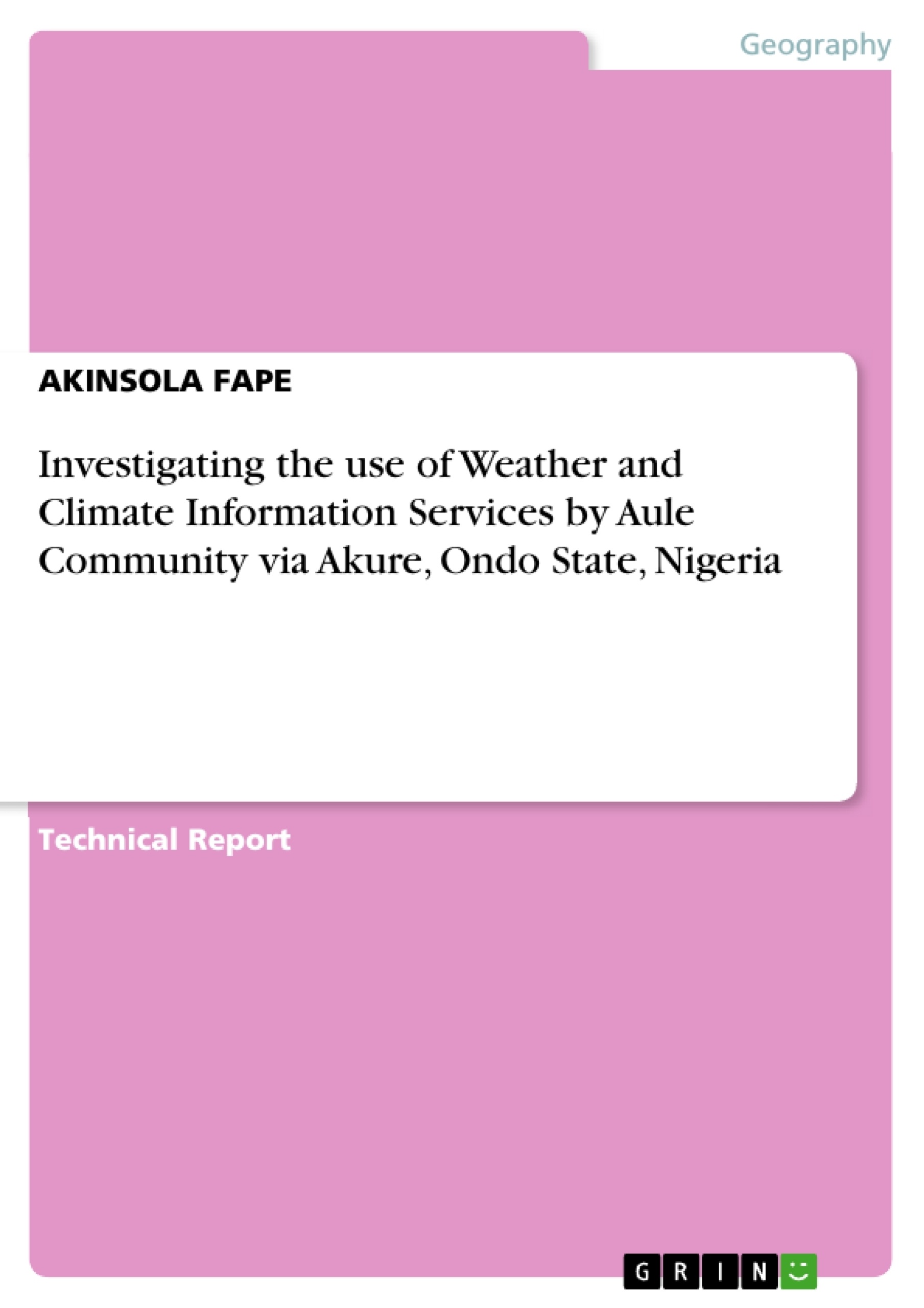It was a sunny day when I together with my team visited that small community called Aule via Akure, Akure south Local Government Area (L.G.A.). Akure is the capital city of Ondo state in Nigeria. Our group gathered together at Ilesha motor park popularly called Ilesha garage but surprisingly another group joined us that same hour and we went together but later got parted when we entered the main community.
The road was a little bit friendly for motorcycle at the onset of the journey but became worse as we were about to enter into the main community, erosion/run-off effect became pronounced and it has devastated the road in the form of pot-holes. The terrain was a little bit challenging to transportation.
Aule community had a good landscape as we saw lowlands and hills, rocks and fine sands, planted trees and shrubs, cultivable soils filled with banana and plantain especially at the front and backyard of different houses along the road. Planting of arable crops was also seen along the road.
Social amenities were fairly developed as we saw several NDDC projects along the road such as portable water supply and electricity.
The climate as witnessed here was fairly conducive to plant and animal raising but the effect of climate change as our core reason for visiting the community cannot be neglected, therefore, this report summarizes the effects of climate change over the years (precisely five years back) on Agricultural production in Aule community, Akure south L.G.A., Akure, Ondo State, Nigeria.
Inhaltsverzeichnis (Table of Contents)
- Brief Introduction
- Background information of Respondents
- Human Activities
- Discussion
- Conclusion
- Recommendation
Zielsetzung und Themenschwerpunkte (Objectives and Key Themes)
This report aims to investigate the impact of climate change on agricultural production in the Aule community, located in Akure South Local Government Area, Ondo State, Nigeria. The study explores how local residents utilize weather and climate information services to adapt to these changing conditions.
- The influence of climate change on agricultural practices in Aule community
- The use of weather and climate information services by community members
- The socio-economic characteristics of the respondents and their relationship to agriculture
- The role of human activities in the community's agricultural landscape
- The challenges and opportunities presented by climate change in the region
Zusammenfassung der Kapitel (Chapter Summaries)
- Brief Introduction: This chapter provides a brief overview of the Aule community and the research context. It describes the journey to the community and highlights the physical characteristics of the area, including its terrain, landscape, and social amenities.
- Background information of Respondents: This chapter examines the demographics and backgrounds of the individuals surveyed in the community. The focus is on their residency status, involvement in farming activities, and motivations for engaging in agriculture.
- Human Activities: This chapter delves into the various human activities observed in the Aule community. The primary focus is on the prevalence of farming activities, including the types of crops cultivated and livestock raised by residents. It also explores the role of agricultural processing and other economic activities in the community.
- Discussion: This chapter discusses the methodology employed for conducting the research, including the administration of questionnaires and the translation of survey materials. It also analyzes the socio-economic characteristics of the respondents and their experiences with climate change.
Schlüsselwörter (Keywords)
This research focuses on climate change, agriculture, weather and climate information services, rural communities, agricultural production, socio-economic characteristics, and the impact of human activities on the environment.
- Arbeit zitieren
- Bachelor's Degree AKINSOLA FAPE (Autor:in), 2017, Investigating the use of Weather and Climate Information Services by Aule Community via Akure, Ondo State, Nigeria, München, GRIN Verlag, https://www.grin.com/document/920736



